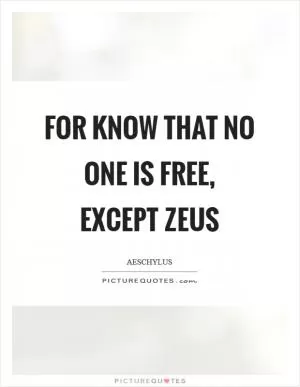For somehow this disease inheres in tyranny, never to trust one's friends

For somehow this disease inheres in tyranny, never to trust one's friends
In the works of Aeschylus, the theme of betrayal and mistrust among friends is a recurring motif that reflects the playwright's deep understanding of human nature and the complexities of relationships. The quote "For somehow this disease inheres in tyranny, never to trust one's friends" encapsulates the idea that power and authority can corrupt even the strongest bonds of friendship, leading to betrayal and deceit.Aeschylus often explores the consequences of power and the ways in which it can drive individuals to act against their own moral compass. In his plays, characters are frequently faced with difficult choices that test their loyalty and integrity, and the results are often tragic. The quote suggests that tyranny, or the abuse of power, can create an environment of suspicion and fear where even the closest of friends cannot be trusted.
One of the most famous examples of betrayal in Aeschylus' works is the story of Orestes and his friend Pylades. In the play "The Oresteia," Orestes is driven to kill his mother Clytemnestra in order to avenge his father Agamemnon's murder. Despite their close friendship, Pylades is forced to choose between loyalty to Orestes and his own sense of right and wrong. The quote speaks to the idea that in times of tyranny, even the strongest friendships can be tested and ultimately broken.
The theme of betrayal and mistrust is also evident in other works by Aeschylus, such as "Prometheus Bound" and "The Suppliants." In these plays, characters are forced to navigate the treacherous waters of power and authority, often at the expense of their relationships with others. The quote serves as a warning against the dangers of unchecked power and the ways in which it can erode the bonds of friendship.
Overall, the quote "For somehow this disease inheres in tyranny, never to trust one's friends" reflects Aeschylus' profound understanding of human nature and the complexities of relationships. Through his plays, he explores the ways in which power can corrupt even the strongest of friendships, leading to betrayal and mistrust.












 Friendship Quotes
Friendship Quotes Love Quotes
Love Quotes Life Quotes
Life Quotes Funny Quotes
Funny Quotes Motivational Quotes
Motivational Quotes Inspirational Quotes
Inspirational Quotes